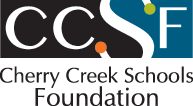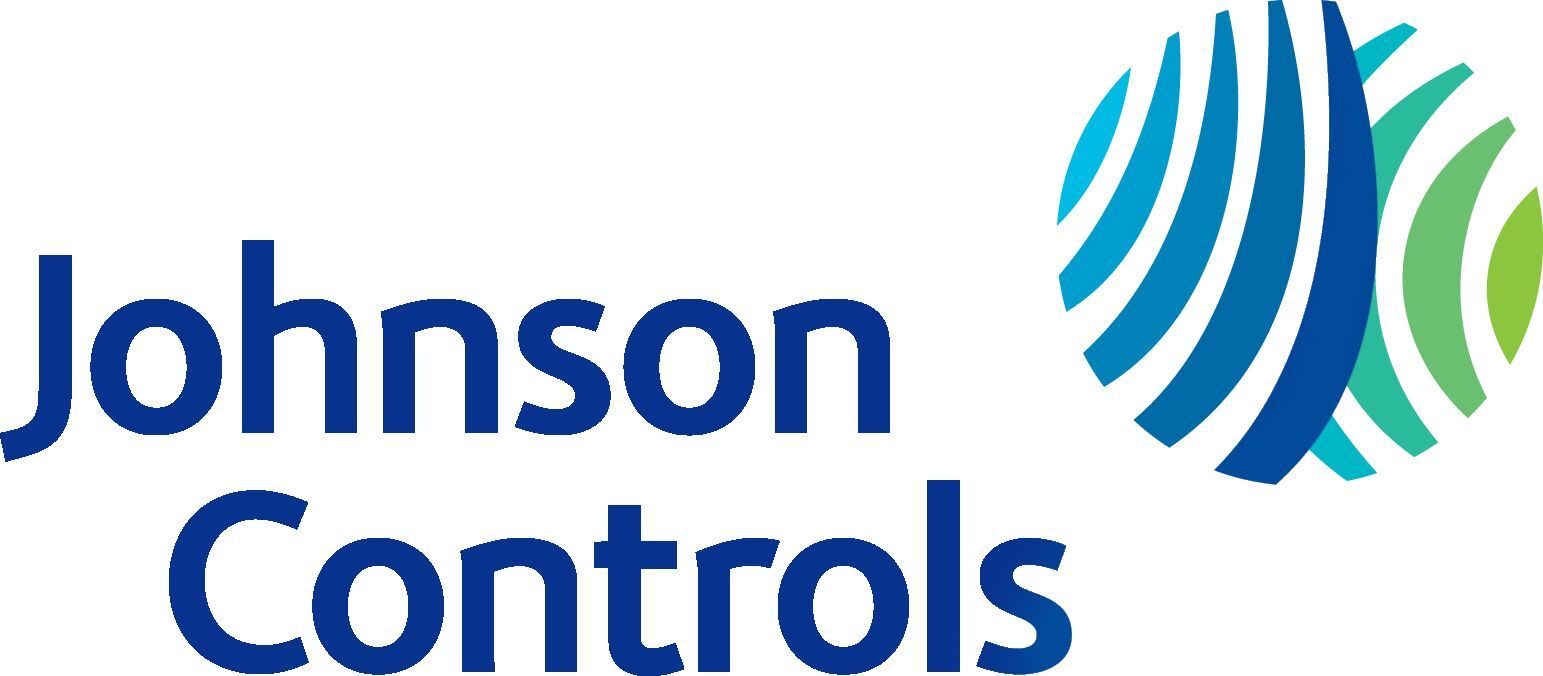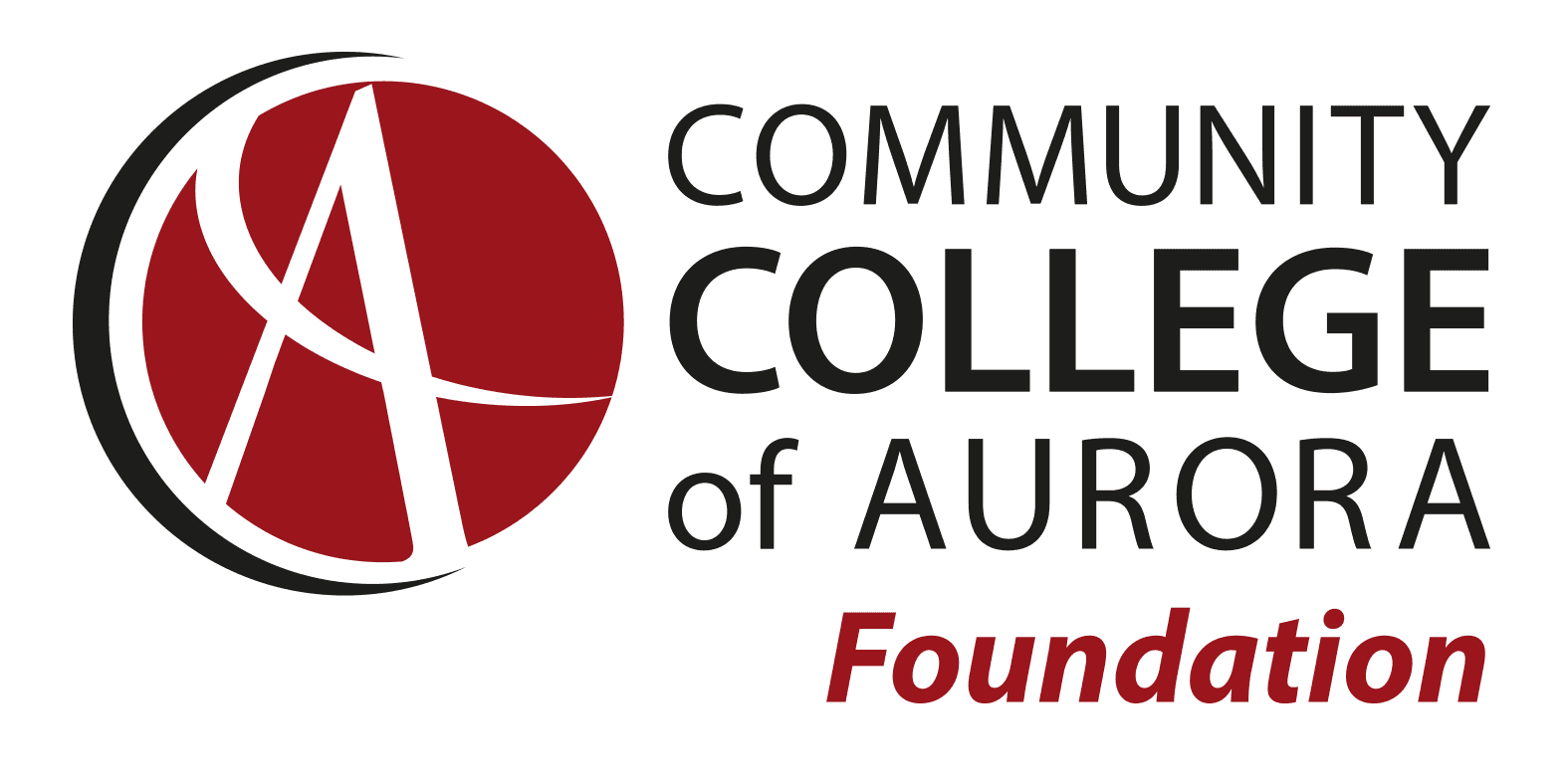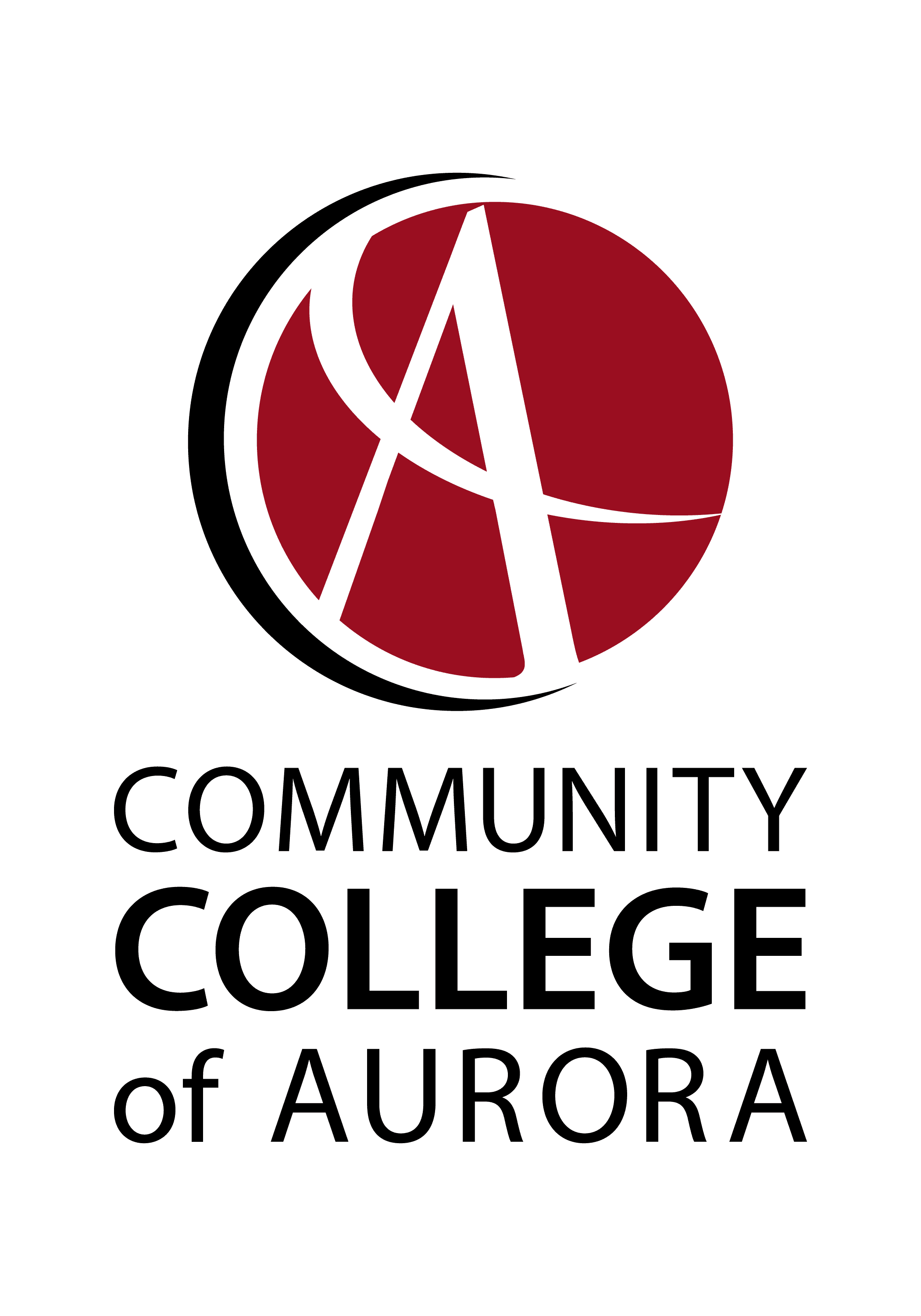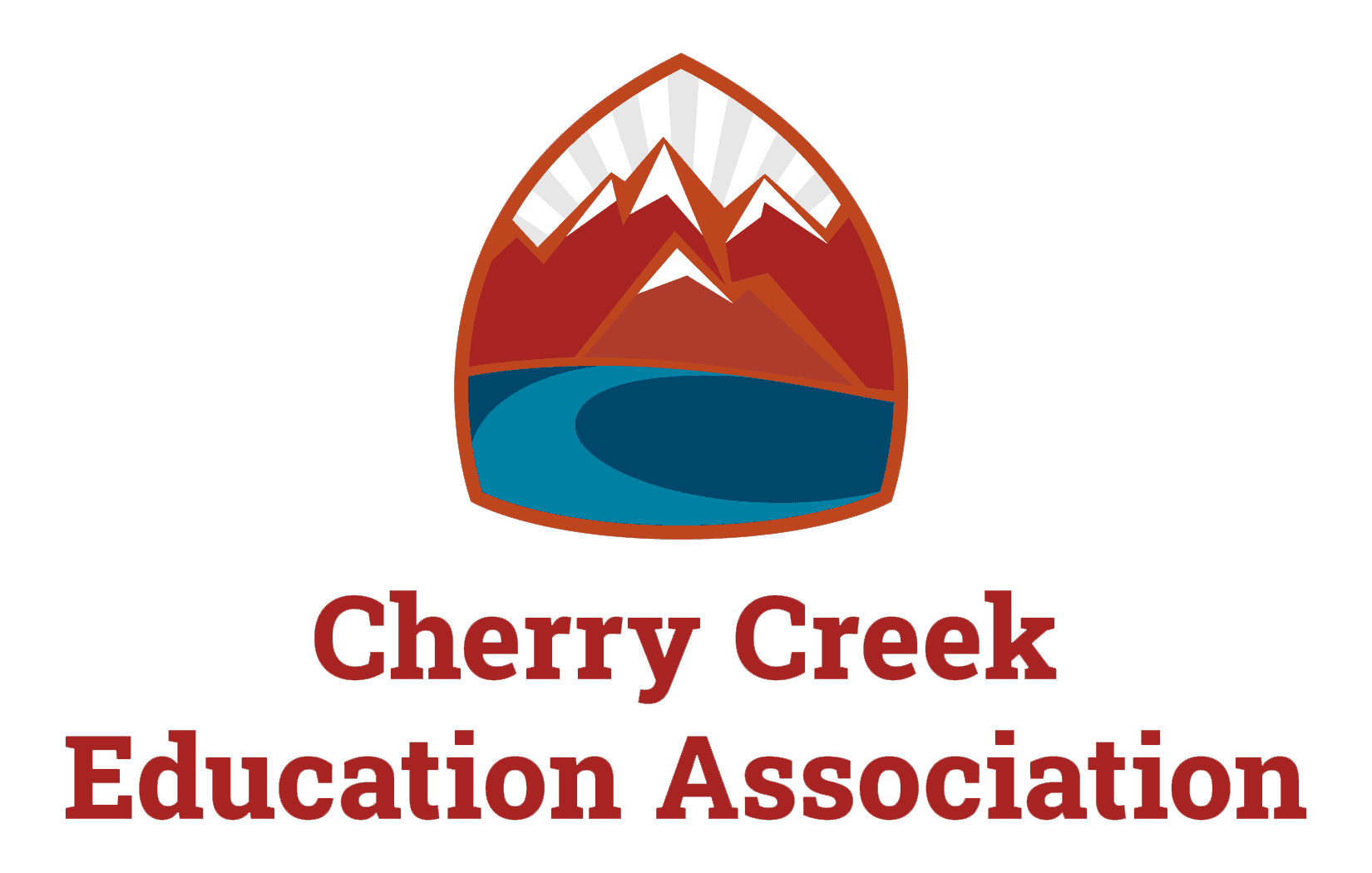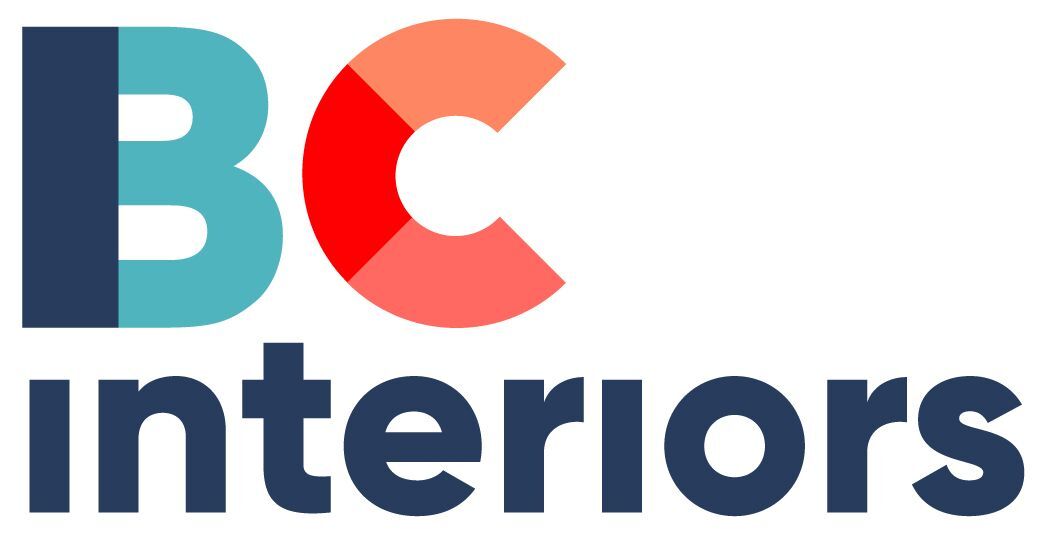History Book Sheds New Light On World War II, Civil Rights Movement for CCHS Students
Bringing the past to life doesn't have to be a difficult process.
For the students in Kerry Moyer's ninth-grade humanities class at Cherry Creek High School, a single book was all that was necessary to shed new light on a painful chapter in American history. That book was "The Port Chicago 50," Steve Shenkin's award-winning work of nonfiction that details the travails of a group of African American sailors working on a segregated Naval base in California during the height of World War II.
Shenkin takes a careful and compelling look at an explosion that killed more than 300 American soldiers, service members forced to work in unsafe and unjust conditions even as their country waged a war against racism, Nazism and fascism abroad. The tragedy sparked an important movement in the U.S. military after a group of black soldiers refused to return to work in unsafe conditions. Their united stand and subsequent punishment proved to be a catalyst for the budding Civil Rights movement in the U.S. military and beyond.
The book takes a stunning look at this often overlooked case, even as it offers a crucial link between two critical subjects in the study of U.S. history. Moyer worked with Cherry Creek High School Teacher Librarian Annie Campbell to find a title that applied specifically to the class curriculum.
"What's so amazing about this book is that it tells a story that is not told in history textbooks," said Moyer, who teaches the history component of the humanities class alongside English teacher Yoon Park. "I've found one textbook that has a paragraph on this story … The students can take a theme on war and transition that to Civil Rights."
Blending different eras of American history is a core mission of the class, so Shenkin's book is an ideal fit for the curriculum. And thanks to a grant from the Cherry Creek Schools Foundation, every student in the class has a copy of the book to take home and study in detail.
Moyer applied for one of the Foundation's Educator Initiative Grants, funds designed to encourage, facilitate, recognize and reward innovative and creative instructional approaches used in accomplishing program objectives. In this case, the grant of about $800 went to purchase more than 60 copies of Shenkin's book and fill an important role in class curriculum.
"Many of these men at Port Chicago were teenagers fighting for their rights," Moyer said. "In doing that, they lost a lot personally, but they set the stage and they set the tone for desegregation. That's a story that's not typically told – we usually jump right into Civil Rights.
"This is the backstory. I have felt like this has really enriched the students' experiences," Moyer added. "A lot of my students have told me that they're more excited about history. It's so different than just giving them a textbook reading."
It's an approach that aligns with the general structure of the humanities course, which pairs the study of history and literature to deep students' understanding. Combining history and an award-winning narrative adds to the classroom experience for students, Moyer said, and having dozens of copies of a book available allows students to read and learn at their own pace.
"It's been huge for the kids to take their own copy home," Moyer said. "It's so significant."

